King Charles II ruled as monarch over England, Scotland, and Ireland during the turbulent period of the 17th century.
Unfortunately for this monarch, he suffered a painful death following a brief illness. But, were the effects of his illness behind his early death, or like many have postulated, were his physicians accidentally responsible?
The Life of King Charles II

Born to Charles I and Henrietta Maria, a French woman, on May 29, 1630, the childhood years of Charles II were turbulent as he grew up amid the English Civil War.
Charles II seemed destined for military duty. When he was just 12 years old, his father took the young child to the Battle of Edgehill. By 1645, the prince became commander of the English forces in western England.
Charles Flees to France
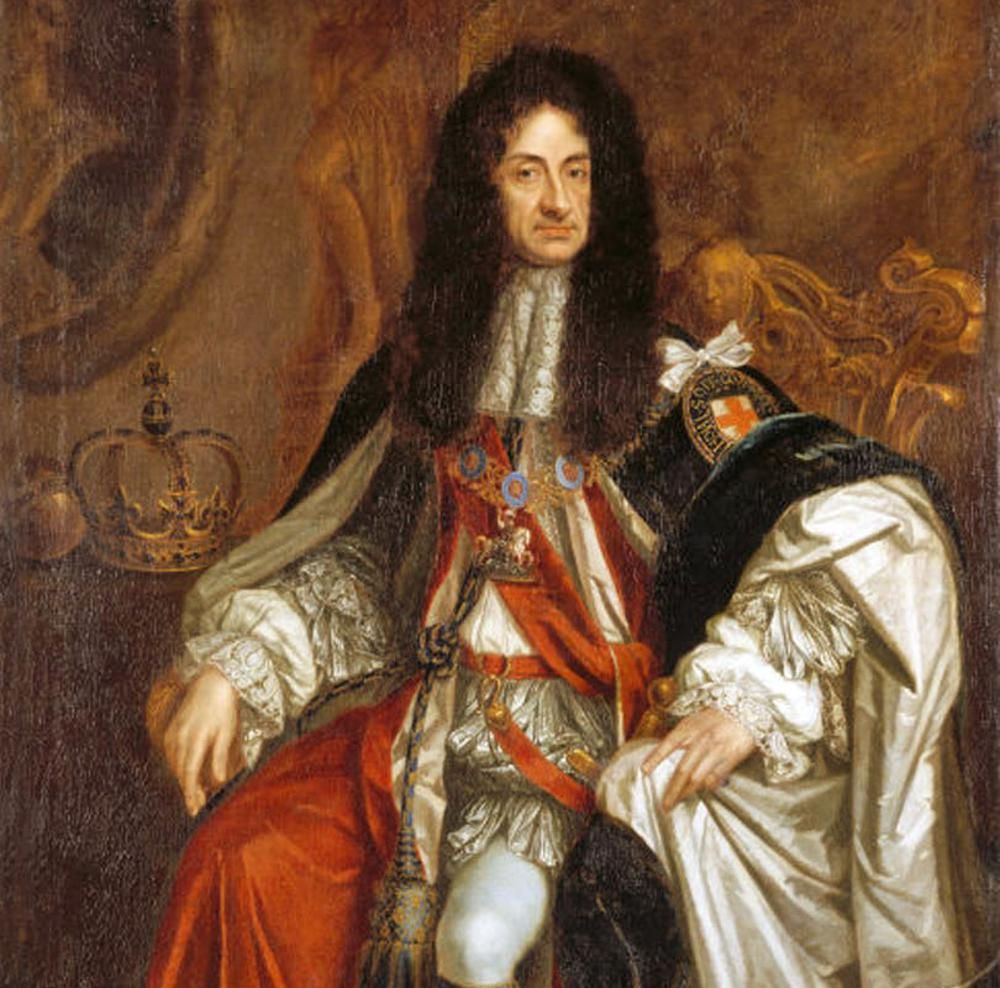
After the decisive Battle of Worcester in 1651, which saw the Royalists defeated at the hands of Oliver Cromwell’s Parliamentarian army, Prince Charles was forced to flee to France.
He would remain here for close to a decade before the Restoration of the Monarchy in 1660. Just a year later, he was crowned King of England, Scotland, and Ireland on April 23, 1661.
Turbulent Period During King’s Rule
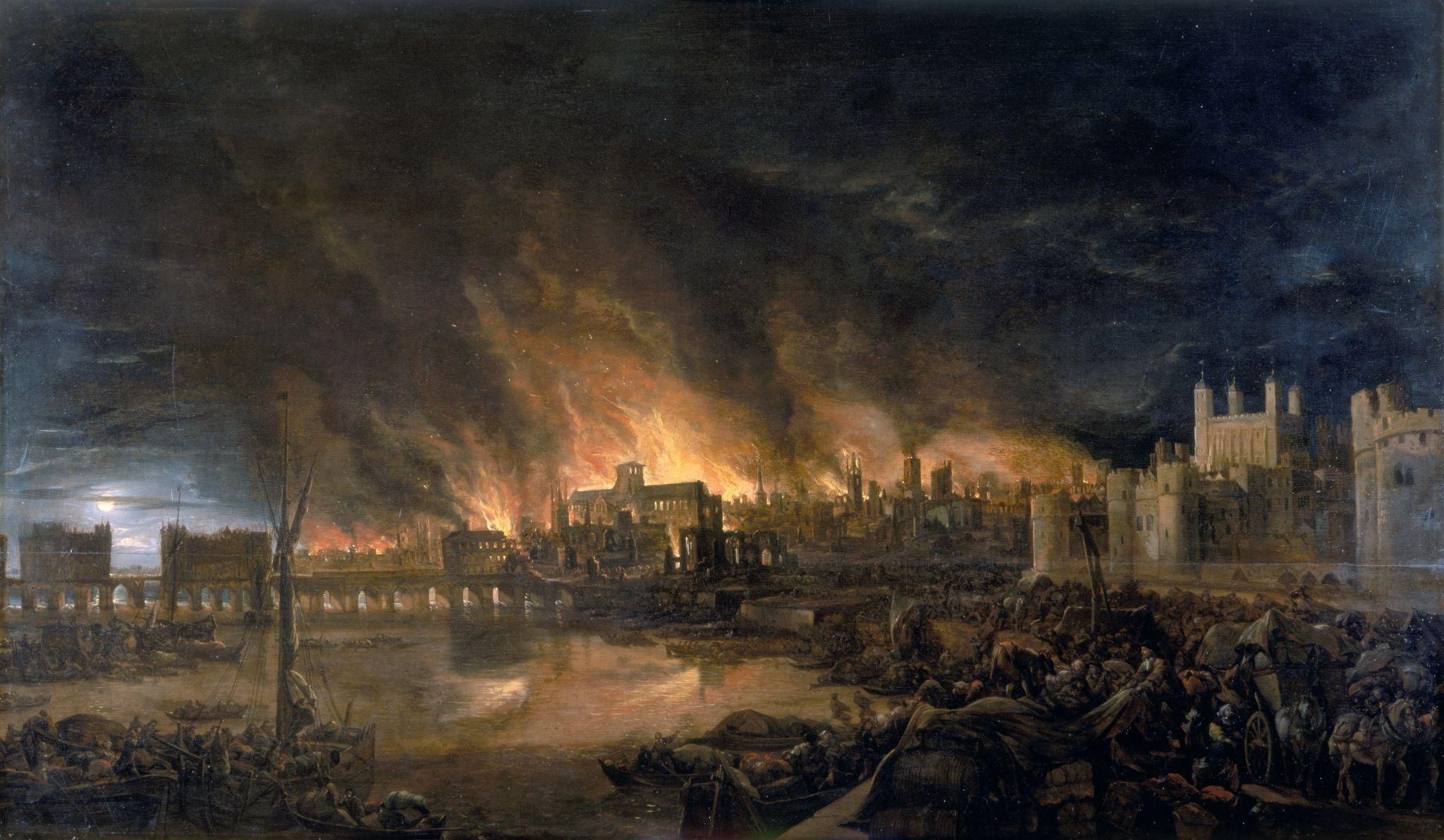
While the people were happy to have a king ruling over them once again, Charles II’s reign was full of disasters, including the plague and the Great Fire of London.
Nonetheless, the king enjoyed a lavish lifestyle and spent his time off hunting and walking with his favorite dogs. However, more than anything else, Charles II loved the company of a beautiful woman.
The King Begins to Suffer
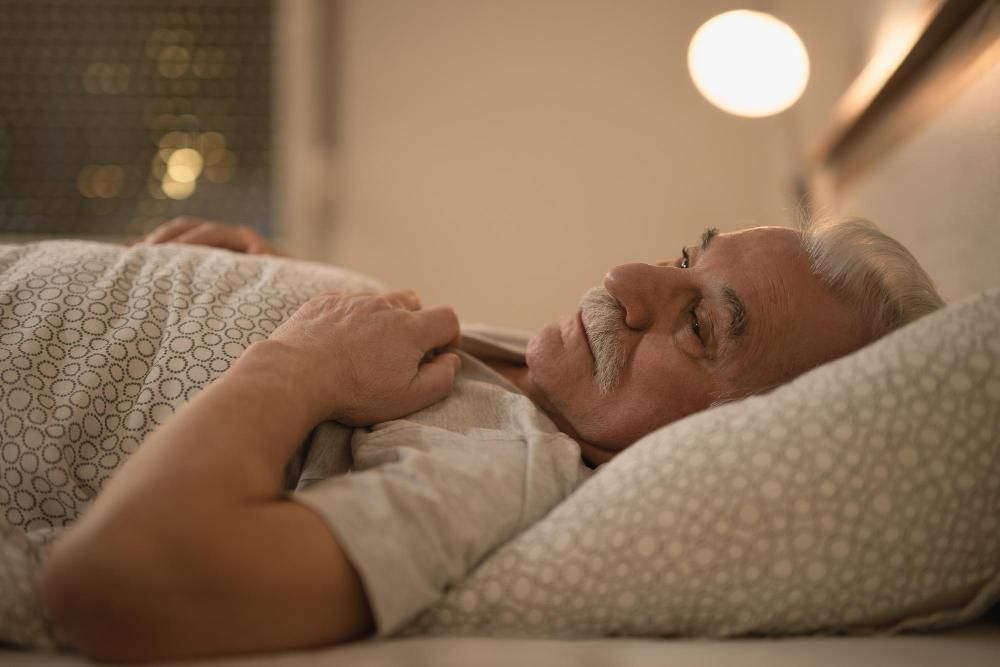
Around midwinter in 1685, Charles II was forced to call off his usual morning walk around St. James Park due to an uncomfortable leg ulcer.
According to the Center for Evidence-Based Medicine, there’s a good chance the king suffered from gout. He went to sleep early that evening and awoke the following morning in a great deal of pain.
Physicians Called to the King
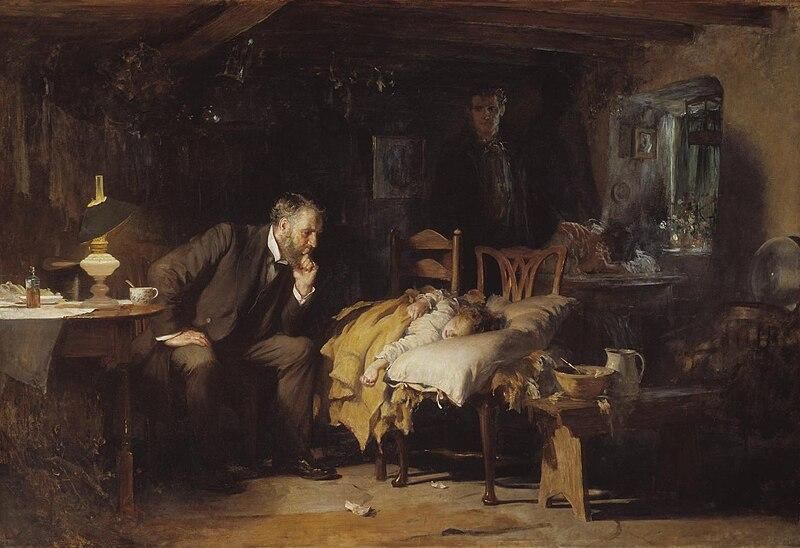
Physicians were called to the quarters of King Charles II as he awoke with “the dreadfulest shriek” with a loss of speech, which was followed by convulsions.
The king’s physicians arrived on the scene and quickly bled a pint of blood from his body before he was cupped, scarified, and medically blistered with cantharides. He was bled a few hours later before medicine was prescribed in the late afternoon.
Convulsions Continue

The following morning, the king suffered from further convulsions, leading the doctors to prescribe a cocktail of drugs, including sacred tincture, julep, and sal ammoniac in antidotal milk water.
Charles II was bled again before being prescribed further medications. The following day, Wednesday, Feb. 4, the physicians refrained from administering any medication until late in the evening.
Charles’ Condition Worsens

By Friday, it appears the king’s condition had reached the point of no return.
Charles II apologized to the physicians who had cared for him before, saying, “I have suffered very much, and more than any of you can imagine. My business will shortly be done.”
The King of England Is Dead
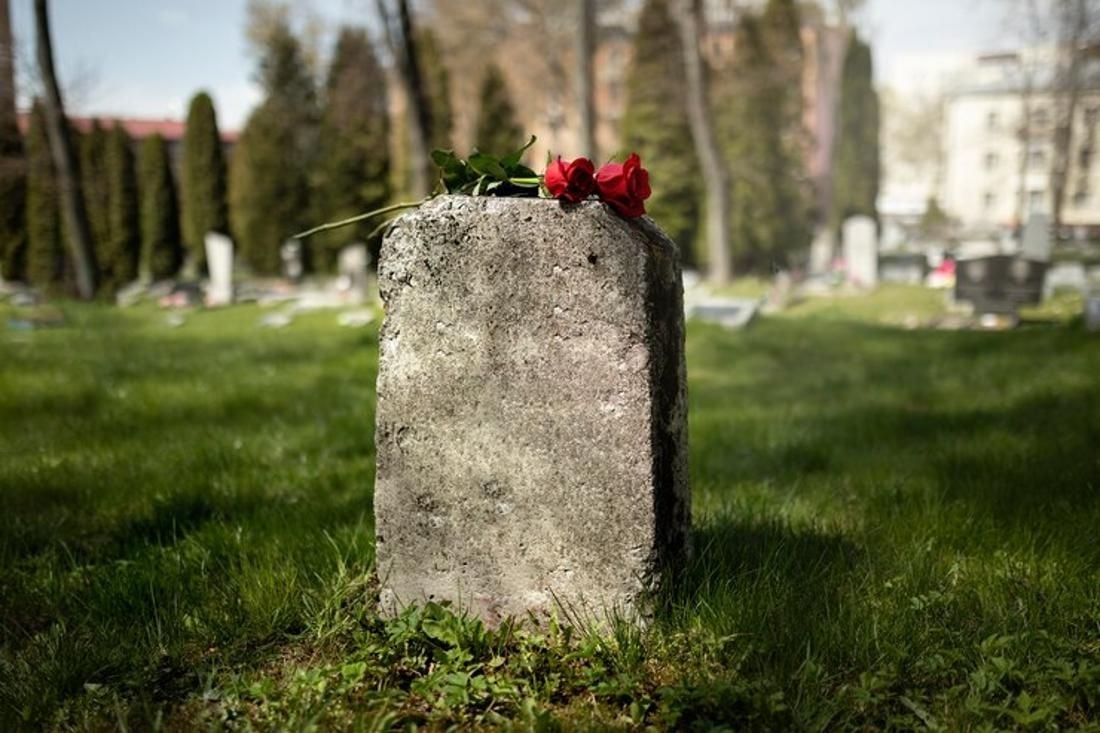
Not long after his final chat with the physicians who had worked to keep the king alive, he was bled one final time.
Charles II requested to see the rising sun one last time as he became breathless and died just before noon on Friday, Feb. 6, 1685.
Was Charles Accidentally Killed by His Physicians?
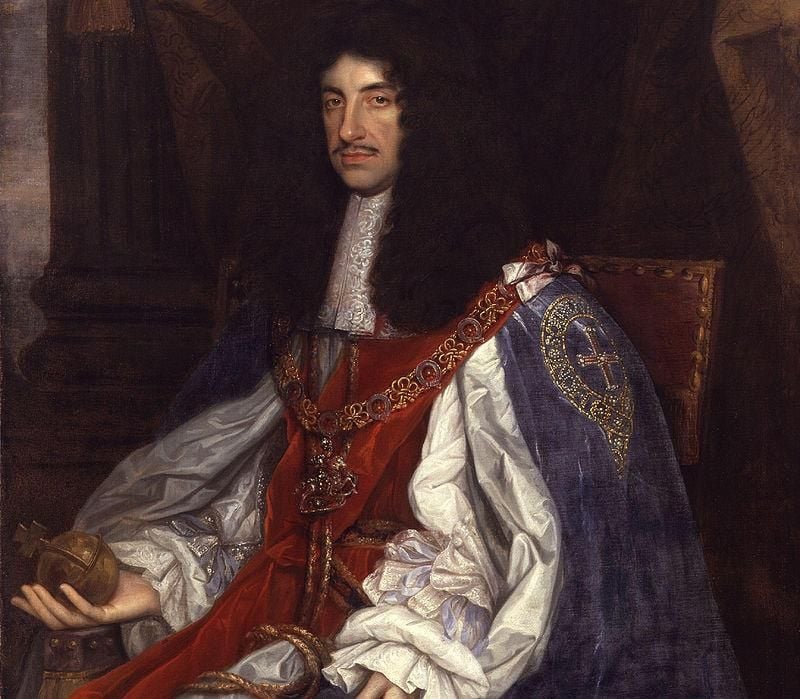
A post-mortem was carried out on the king, which revealed he had an unusual matter in his cerebral ventricles. The brain was soaked with an unusual fluid, and his liver and kidneys were engorged with blood.
Doctors looking back at the symptoms of Charles II’s illness have surmised the king suffered from severe gout. However, the symptoms were further intensified by his physicians’ practices.
Physicians Further Dehydrate the King

According to modern physicians Jeffrey K. Aronson and Carl Heneghan, Charles II had chronic gout.
The process of bleeding, cupping, and blistering of the king at the hands of his physicians would have severely dehydrated his body, ultimately resulting in “acute posterior reversible encephalopathy syndrome” and his death.
Can the Physicians Really be Blamed?

It appears the physicians increased the rapid decline of the king’s health and his eventual death. The dehydration explains the cerebral edema that was reported during the post-mortem examination, per Aronson and Heneghan.
His doctors likely did what they thought was best for the king, given the knowledge of the era. Unfortunately, they accidentally led to an acceleration of his symptoms and his death.


